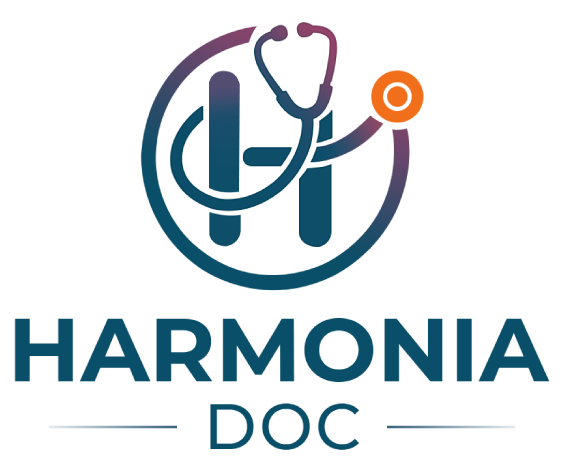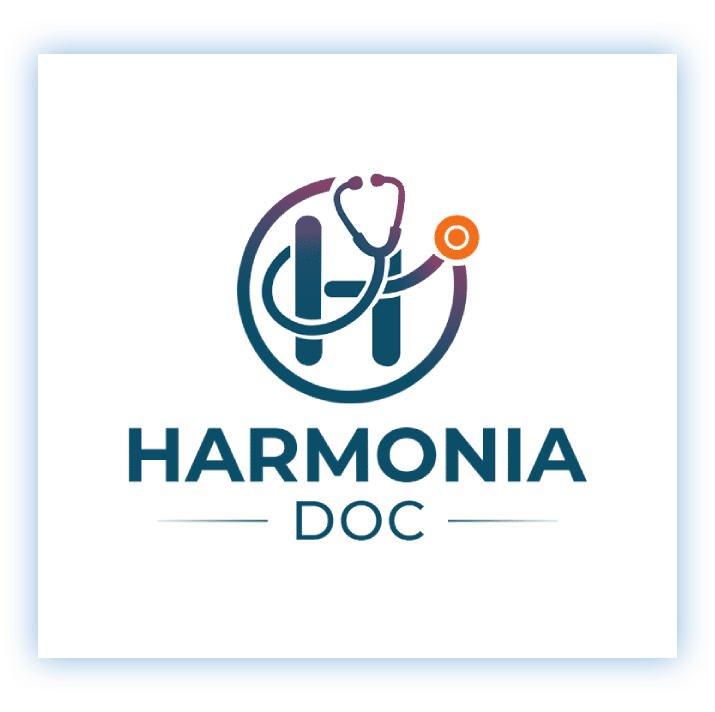

Create an account, provide your basic information, and book a virtual consultation with a licensed holistic health professional.

Connect with a healthcare provider through our secure telemedicine platform to discuss your health concerns from the convenience of your home.

Following your consultation, your doctor will develop a personalized treatment plan designed to address your specific needs.

Once your treatment plan is in place, you can arrange for prescribed medications to be delivered to your door or schedule follow-up appointments as needed.







Metformin is widely recognized for its potential in promoting longevity. It improves insulin sensitivity, reduces inflammation, and supports metabolic health. With a well-documented safety profile, Metformin is being explored for its ability to extend healthy lifespan.
Originally developed as an immunosuppressant, Rapamycin has gained attention for its role in delaying aging by inhibiting the mTOR pathway. Research indicates it may extend lifespan and improve overall cellular function, making it a promising anti-aging therapy.
NMN is a precursor to NAD+, a vital molecule that declines with age and plays a key role in energy metabolism and cellular repair. By increasing NAD+ levels, NMN helps enhance energy production, improve cellular health, and support longevity.
Resveratrol is known for its powerful antioxidant and anti-inflammatory properties. It mimics the effects of caloric restriction, supports cellular function, and may contribute to a longer, healthier lifespan.
Senolytics are designed to eliminate senescent cells—damaged cells that accumulate with age and contribute to chronic diseases. By clearing these cells, senolytic therapies may help reduce age-related disease risks and promote healthier aging.
CJC-1295 and Ipamorelin work together to stimulate natural growth hormone production, which declines with age. This peptide combination supports muscle maintenance, enhances sleep quality, and improves overall vitality.
Berberine is a natural compound with anti-inflammatory and blood sugar-regulating properties. It activates AMPK, an enzyme involved in metabolic balance, offering anti-aging benefits similar to those of exercise and a healthy diet.
Longevity drugs target biological processes associated with aging, working at the cellular and molecular levels to promote overall health.
Many of these medications help regulate pathways involved in metabolism, inflammation, and cellular repair. They often influence mechanisms such as sirtuins (proteins linked to cellular longevity), AMPK (an enzyme regulating energy balance), and mTOR (a pathway that affects cell growth and aging).
Metformin, a common diabetes drug, is being studied for its potential to improve insulin sensitivity, reduce oxidative stress, and lower inflammation, which could contribute to healthier aging.
Rapamycin, originally used as an immunosuppressant, inhibits the mTOR pathway, which has been linked to increased lifespan in animal studies. However, its long-term effects on human aging are still under investigation.
The time frame for potential benefits varies based on the medication, individual health status, and lifestyle choices. Some metabolic improvements may appear within months, but long-term effects require further study.
By addressing key biological processes linked to aging, these medications hold promise for extending healthspan—the number of years a person remains healthy—rather than merely increasing lifespan.

While longevity drugs offer potential health benefits, they may also cause side effects. These vary based on the specific medication, dosage, and individual response.
Most side effects are mild, but tracking any changes and seeking medical advice when needed can help maintain a safe and effective approach.
Coverage for longevity treatments varies by insurance provider and policy. Some treatments may not be covered, especially if they are considered elective or experimental. Contact your insurance company to understand your coverage options.
Combining treatments can be complex and may lead to interactions. It’s imperative to consult your healthcare provider before starting multiple treatments to ensure safety and efficacy.
Selecting the appropriate treatment involves evaluating your health status, goals, and potential risks. A thorough consultation with a healthcare provider specializing in longevity medicine is crucial to make an informed decision.
Yes, non-pharmaceutical approaches such as regular physical activity, mindfulness practices, maintaining social connections, and engaging in cognitive exercises can contribute to a longer, healthier life.
If you experience side effects, contact your healthcare provider promptly. They can assess the severity of the side effects and adjust your treatment plan or suggest remedies to alleviate discomfort.
The duration varies depending on the specific treatment and individual response. Some treatments may be intended for long-term use, while others might be prescribed for shorter periods. Your healthcare provider can offer guidance based on your treatment plan.
Some longevity medications may interact with certain foods or supplements. It’s important to discuss your diet with your healthcare provider to identify any necessary adjustments or restrictions.
Yes, incorporating healthy lifestyle changes such as a balanced diet, regular exercise, adequate sleep, and stress management can enhance the effectiveness of longevity treatments and contribute to overall well-being.
Effectiveness can be monitored through regular health assessments, including blood tests and physical evaluations. Tracking biomarkers related to aging and overall health can provide insights into how well the treatment is working for you.
Longevity treatments may not be appropriate for everyone. Factors such as age, existing health conditions, and individual health goals play a significant role in determining suitability. Consulting with a healthcare provider is essential to assess whether these treatments align with your specific health profile.